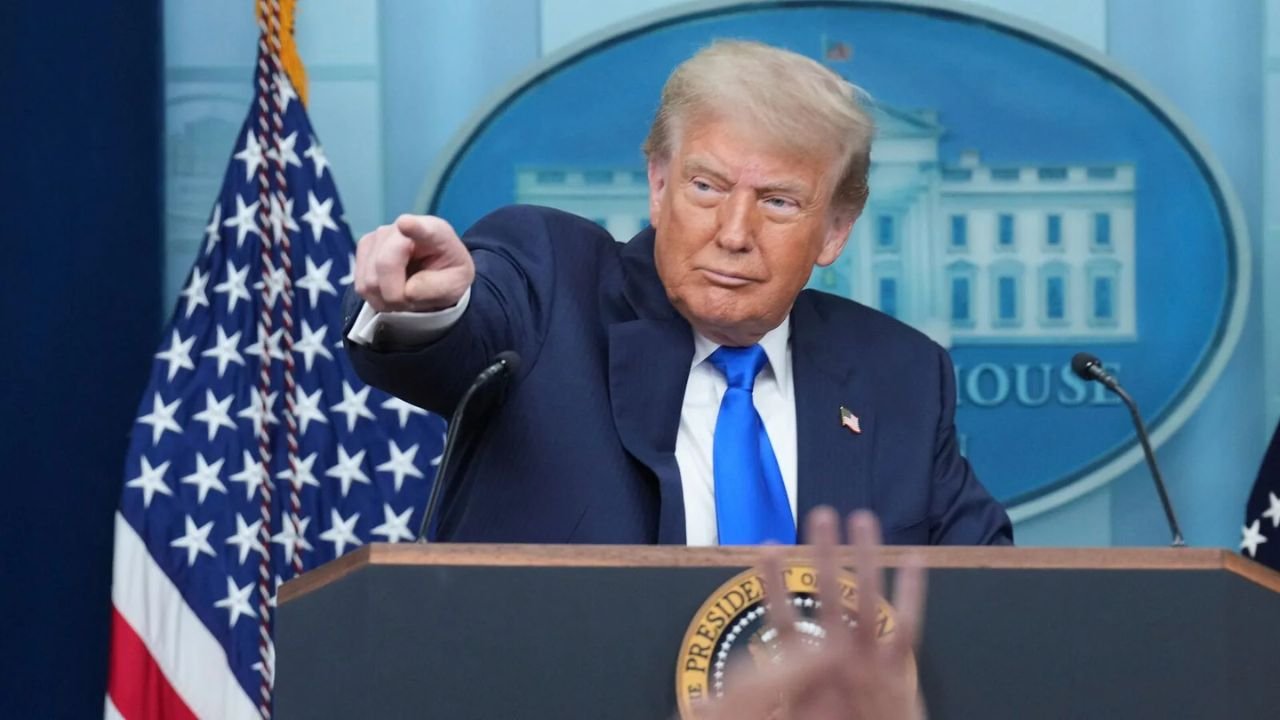WASHINGTON, D.C. — A sweeping freeze on U.S. import tariffs imposed under the Trump administration is set to expire on July 9, leaving millions of American businesses and consumers bracing for what could become a chaotic reshaping of the global trade landscape.
Originally introduced as part of Trump’s self-declared “Liberation Day” trade offensive on April 2, the tariffs included a 10% universal duty on most imports and sharply higher country-specific levies—some as high as 145% for Chinese goods. A 90-day delay was granted to allow time for new trade deals. That delay ends next week.
Inflation, Market Jitters, and Business Impact
Economic analysts say the potential consequences are significant. According to CBS News, the expiration of the freeze could:
-
Trigger another wave of inflation, especially for consumer electronics, appliances, and auto parts.
-
Force small and midsize businesses to lay off staff or close entirely.
-
Spur market volatility amid investor concerns about unpredictable supply chain costs.
“The threat of tariffs, and this uncertainty, causes capital to sit on the sidelines,” said Clark Packard, a trade policy expert at the Cato Institute. “All of that causes uncertainty, and that’s the enemy of investment and broader economic growth.”
Trump’s Push for Last-Minute Deals
The Trump administration has announced limited breakthroughs with Vietnam, China, and the United Kingdom, each involving concessions in exchange for reduced tariffs. For example:
-
Vietnam agreed to a 20% levy on its goods, with 40% added for pass-through items from third countries.
-
The UK deal promises to lower non-tariff trade barriers in return for increased U.S. market access.
But dozens of other trade relationships remain unresolved. If no further deals are finalized by 12:01 a.m. on July 9, country-specific tariffs will automatically snap back into effect—raising costs across thousands of products from Asia, Europe, and beyond.
Three-Tier Approach Expected
Trade attorney Patrick Childress of Holland & Knight told CBS News the administration may divide nations into three broad buckets:
-
Nations with finalized deals (e.g., Vietnam, UK, China): Will receive modified or favorable terms.
-
In-progress partners: May continue under the current 10% baseline tariff during negotiations.
-
Uncooperative or delayed nations: Will face the full tariff snapback, with some facing duties well over 50%.
This segmented strategy reflects Trump’s willingness to reward “compliant” nations while penalizing those that “don’t bend the knee,” as Packard put it.
Legal Hurdles Could Derail Agenda
While policy implementation looms, the legal status of the tariffs remains precarious. In May, the U.S. Court of International Trade ruled that many of Trump’s tariffs were unconstitutional, casting doubt over the administration’s authority to enforce them.
Although the ruling has been temporarily blocked by a federal appeals court in Washington, D.C., a final decision is pending.
If the court ultimately sides against the administration, billions in tariffs could be rolled back, forcing a full-scale policy reset.
Read more: Court strikes down Trump’s tariffs
What Happens Next?
With just days remaining before the freeze lifts, analysts at Capital Economics say limited extensions or narrow deals are the most likely short-term outcomes.
Still, the uncertainty is weighing heavily on the private sector. “You cannot plan out a year if you can’t even figure out your costs for next week,” Packard said.
For consumers, the biggest concerns are likely to be price hikes in household goods, electronics, and even grocery items sourced globally. For businesses, it’s the planning paralysis that may be most damaging.
Are you a small business owner or importer concerned about July’s looming tariff changes? Share how this policy shift could impact you at ChicagoSuburbanFamily.com.












